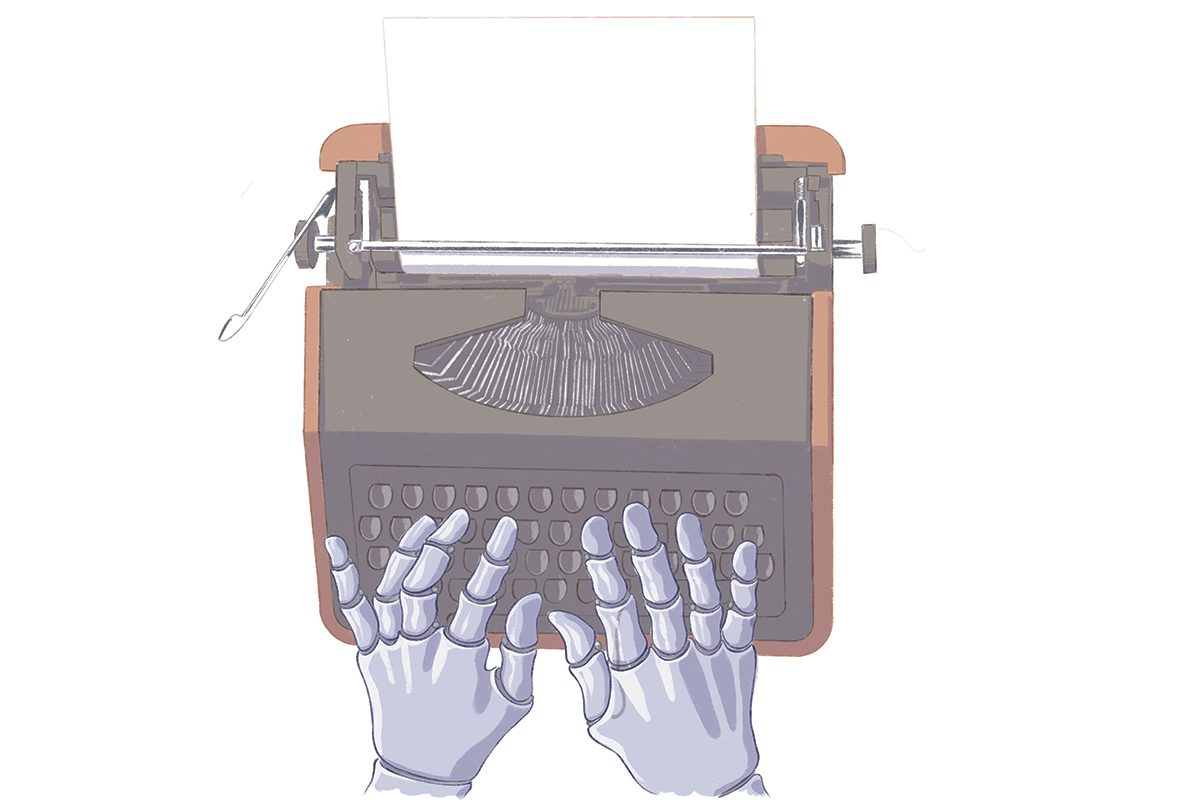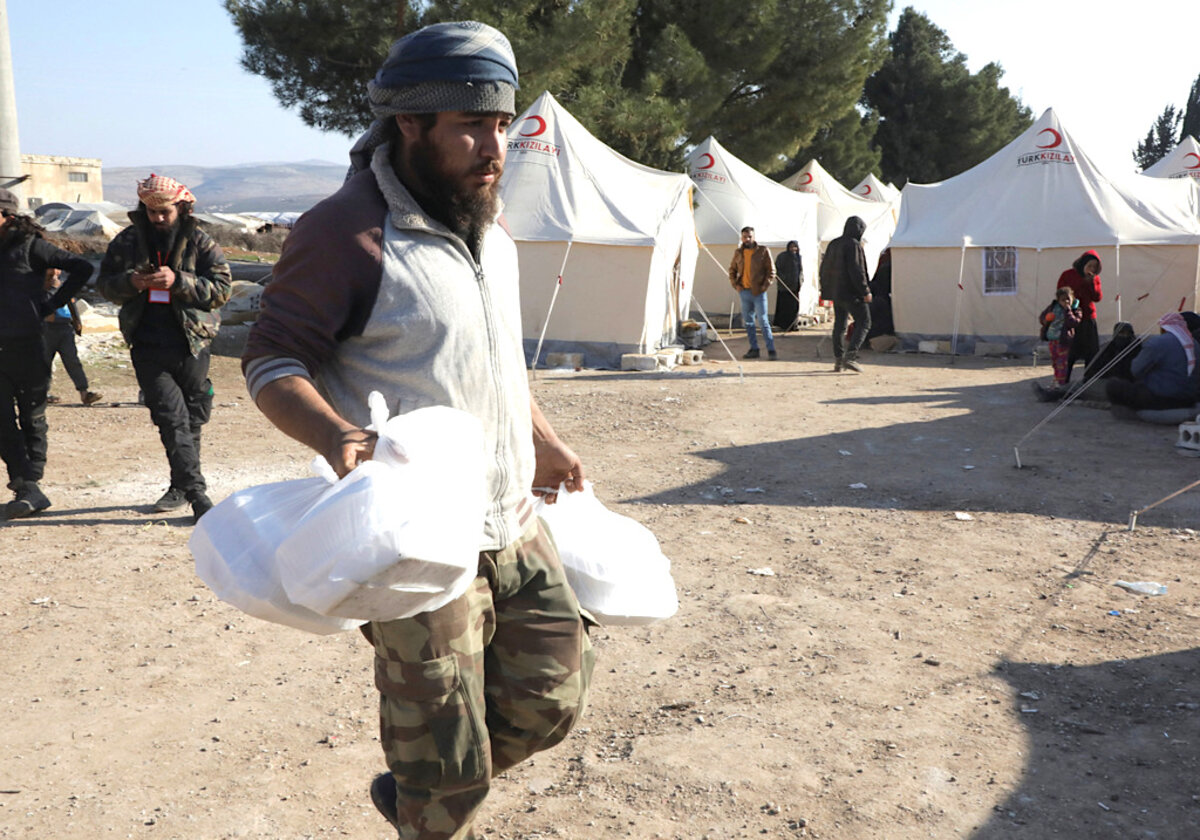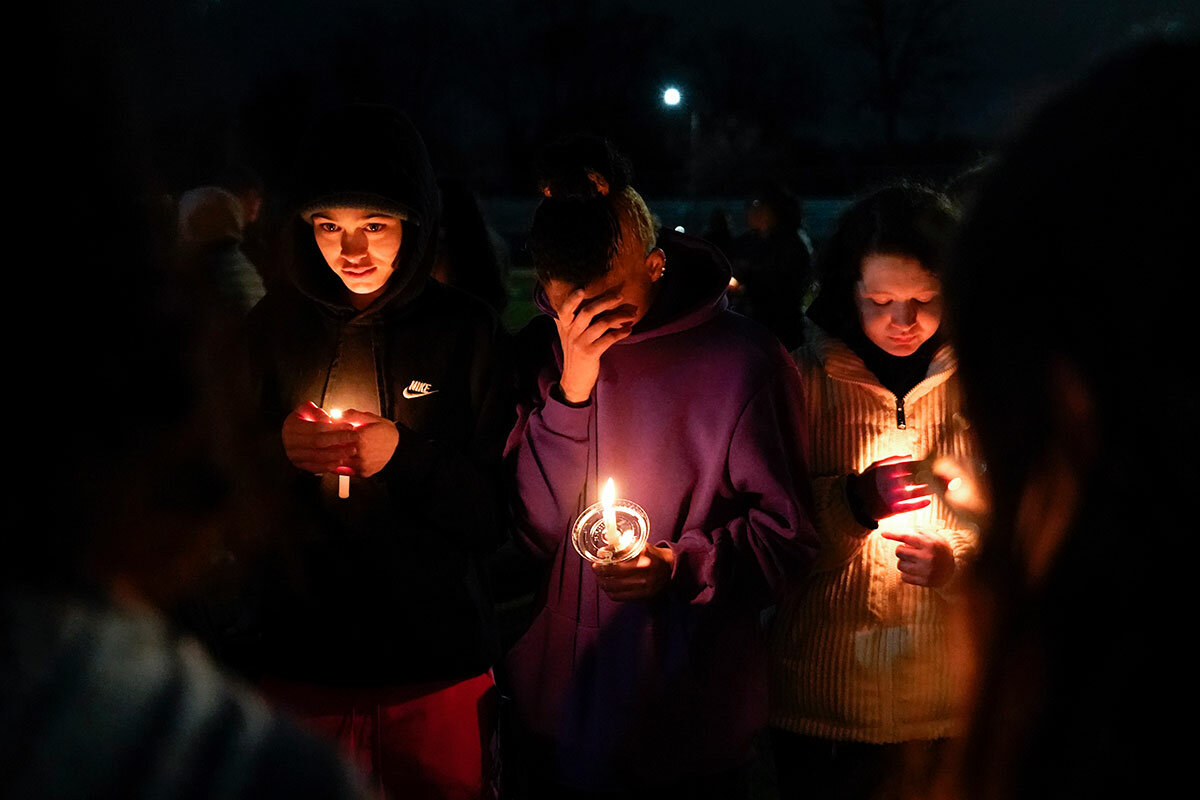Here’s what we are learning about just how many foreign objects, and what type, may be routinely coming into our airspace. Is this mostly an annoyance or a real national security problem that we have been ignoring?
Monitor Daily Podcast
- Follow us:
 Howard LaFranchi
Howard LaFranchi
In a Peru in deep political crisis since December, there seems to be no end to the steady parade of social media postings from one faction or another, hurling attacks and no-compromise standpoints at opponents.
As Lima office worker Maribel Fuentes told me as she strolled along the city’s sun-splashed oceanfront Sunday, “It’s too much. I don’t pay attention anymore.”
Yet one video that surfaced last week has caught widespread attention. It shows a phalanx of soldiers marching down a rock-encumbered highway in Peru’s south – a focal point of recent violent and deadly disturbances – singing an anti-terrorist anthem with gusto.
As the soldiers pass, protesters on barren highway shoulders reply, “We are not terrorists! We are campesinos!”
The exchange underscores how what started as a political crisis has increasingly taken on the added dimension of a battle over Peru’s ever-lurking boogeyman of terrorism. Rising accusations of “terrorism” against protesters conjure a traumatic collective memory of the dark years of the 1980s, when a guerrilla war between the Maoist Shining Path and the state cost more than 70,000 Peruvian lives.
The current crisis was touched off in early December when then-President Pedro Castillo attempted to dissolve Congress. Instead Congress had him arrested, and he remains detained.
Mr. Castillo’s vice president, Dina Boluarte, assumed the presidency, and at first her discourse favored dialogue, healing, and reform. But as sometimes-violent protests swept the country and the public’s clamoring for new elections has grown, Ms. Boluarte has increasingly played the terrorism and “public order” cards.
“This indiscriminate use of the ‘terrorism’ tag: Credit it to the [far right] that has been very active in semantic subversion for a number of years,” says Gustavo Gorriti, a Peruvian terrorism expert who has been a source since my days as the Monitor’s Latin America correspondent. He calls it a “conceptual distortion in which many human rights activists, social democratic politicians, investigative journalists ... have been attacked ... as either ‘terrorists’ or ‘pro-terrorists.’”
More plain-spoken was Flor, last name withheld, visiting Lima from the country’s Ancash region – and unhappy that police were barring entrance to Plaza San Martín in the historic center.
“I wanted to visit the plaza, but we’re all kept out as possible terrorists,” she told me Tuesday. “What 80% of Peruvians want is new leadership and a fair shake with the rich. But for that we are called terrorists.”










